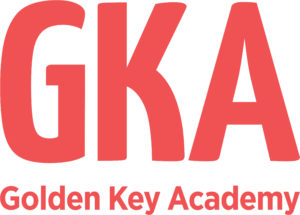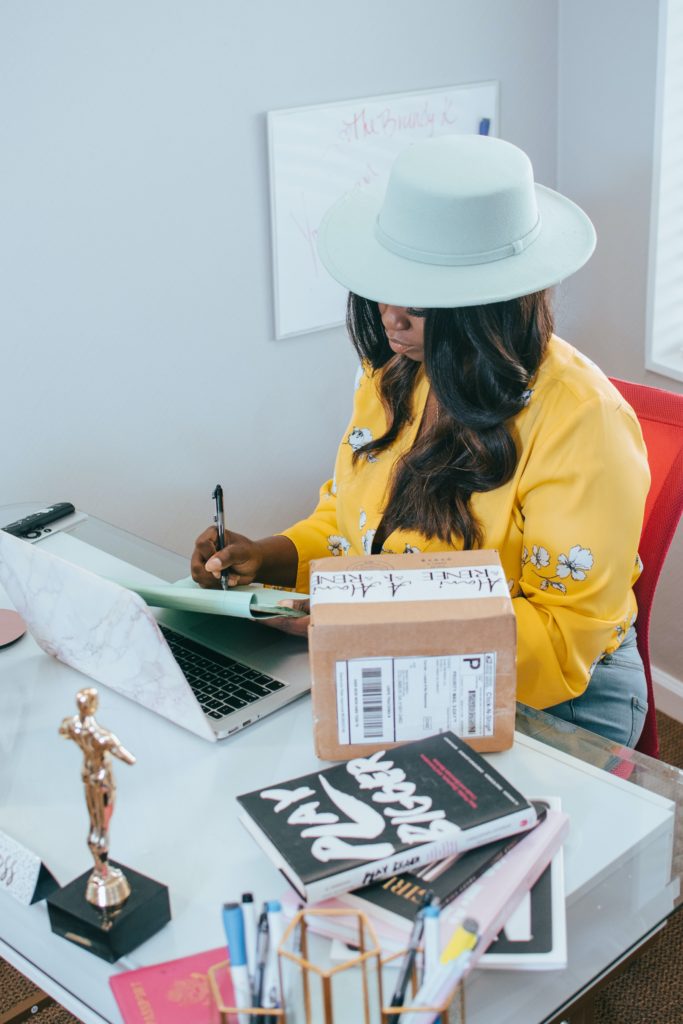There is nothing more satisfying or fulfilling than finally being able to study a subject or be in a field that you are passionate about! You find that you can learn effortlessly and that the information feels comprehensible. Yet, you also feel that you could be discovering more, growing more – especially considering the competitive spaces in academia, research and the job market. One such vital way to excel and succeed in your area is to engage in critical thinking and learning!
But what does it mean to learn and reason in a critical manner? Critical engagement means developing and refining the ability to participate in independent and insightful thinking! Rather than hastily absorbing superficial information, it is about actively and skilfully looking beyond the subject matter. It is about challenging your presumptions and predispositions by consistently evaluating different arguments, reflecting on the relevancy of specific ideas and applying creative problem-solving. What is ultimately so exciting about this process is that you are no longer a passive participant in the generation of knowledge but an active contributor! So, how do we start thinking this way?
Firstly, try to read beyond your prescribed textbooks and Wikipedia. Yes, both sources of information are easily accessible. However, both merely summarise concepts and theory. If you are learning about a school of thought, it is imperative to look at it in-depth and from all angles. Therefore, spend some time reading about who, what and why behind different frameworks/ideas/concepts. See how history, social and economic contexts, and influences informed this particular area of knowledge. You can further participate in this process by engaging with diverse mediums. Read media such as newspapers, academic journals and online forums. Look at archival data and records. See if there are any documentaries and TEDTalks about your topic of interest. You might find others who enjoy the same subjects as you do and you can learn more from them!
Another way of going beyond theory is to be able to practice it in a real setting! One incredible way to learn and grow in your studies is to volunteer or even complete an internship in your field of interest. Therefore, you are not only gathering information but also applying it! And not to mention being able to find like-minded people and being given a platform to share your ideas.
In addition to this, it is imperative that you also reflect on the information you are analysing. Every person has their presumptions, beliefs and biases which inform their worldview. The information we gather is not exempt from this process. Therefore, you have to be honest when facing your egocentric tendencies and try to remain as objective as possible when analysing information. You can do this by staying open-minded, being flexible when understanding others’ opinions and being willing to reconsider and revise views when faced with opposing interpretations.
Lastly, stay inquisitive! We are breaking new ground in all subjects all the time! More and more information is being generated every hour, which will affect what we learn and practice in the future. So do not be satisfied with not knowing more, and see what you can learn today! It is vital to understand that studying and learning is a dynamic process. By investigating and analysing beyond your scope, you will begin to improve in all areas of your life – on an academic, personal and professional level!








